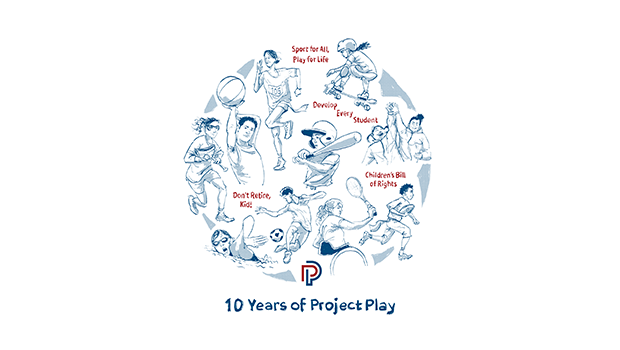The Early and Expanded Learning Agenda (Learning Agenda) unites families, communities, schools, LEAs, expert technical assistance providers, and philanthropic institutions in a bold innovation that integrates strong school day reforms and expanded learning resources (including after school, summer, and preschool). The Learning Agenda also enables schools to restructure to expand the time available for students to learn core academic content. School leaders and teachers are supported and trained to create professional learning communities, provide professional development, make informed instructional decisions using data, communicate effectively with all stakeholder groups and develop on-going relationships with key technical assistance providers.
Objectives & Expected Outcomes: The Learning Agenda will enable persistently low performing schools to achieve the following meta-outcome: By grade 3, and continuing forward, all students score at grade level or above in English-Language Arts.
Key objectives:
1) All schools implement an evidence-based reading/literacy strategy that is aligned and integrated with all programs;
2) All students reading below grade level have reading success plans which provide individualized instruction;
3) All schools articulate with preschools and increase capacity to offer high-quality programming;
4) All schools substantially increase learning time by ensuring that after school and summer programs gain the capacity to serve students reading below grade level;
5) All schools restructure by integrating out-of-school time resources;
Estimated Number of Students to be Served: 15,169 preschool through 6th grade students in seven districts across California. The schools and districts vary from rural to urban.
To learn more, contact Kathryn Catania.

